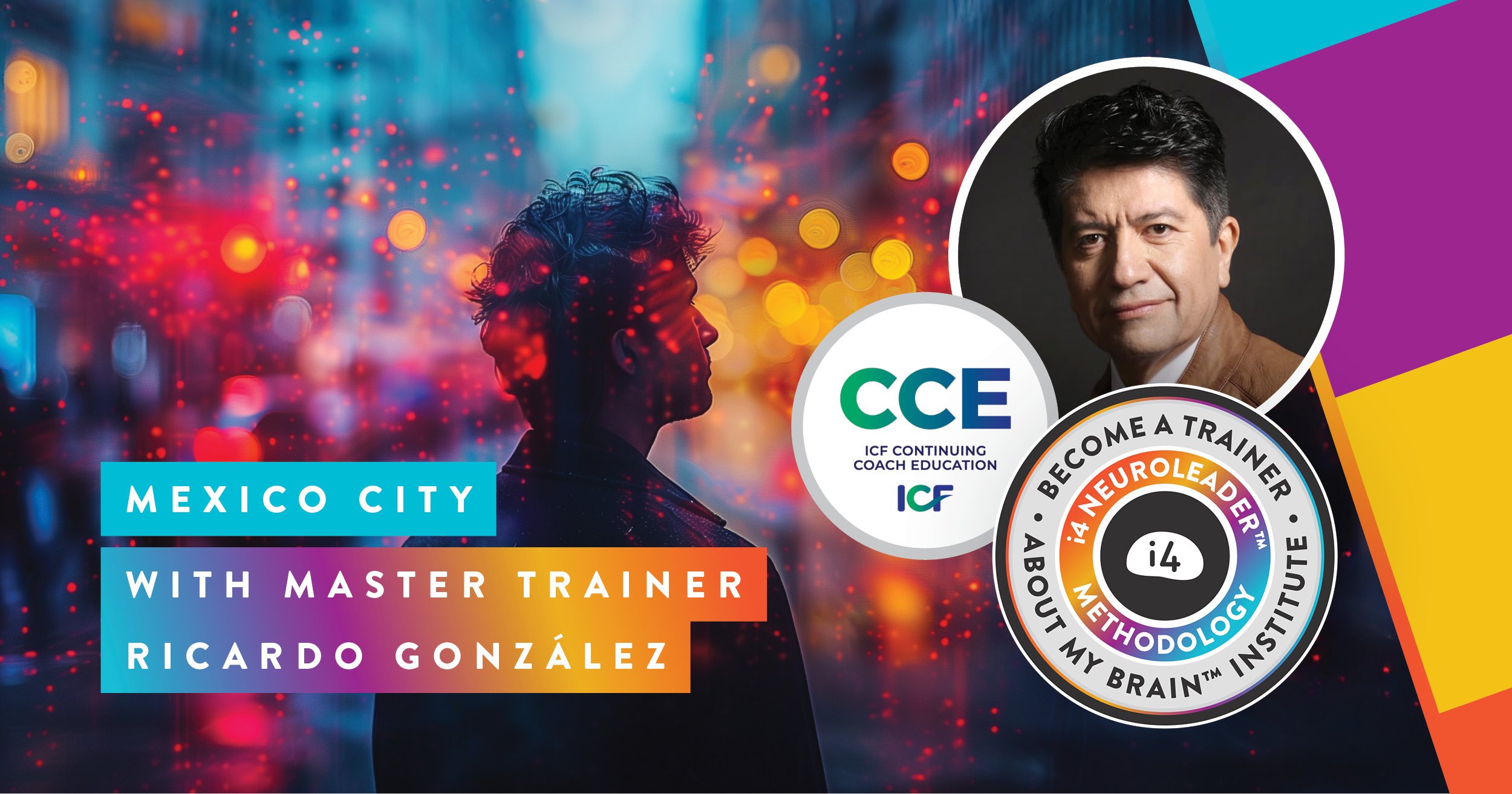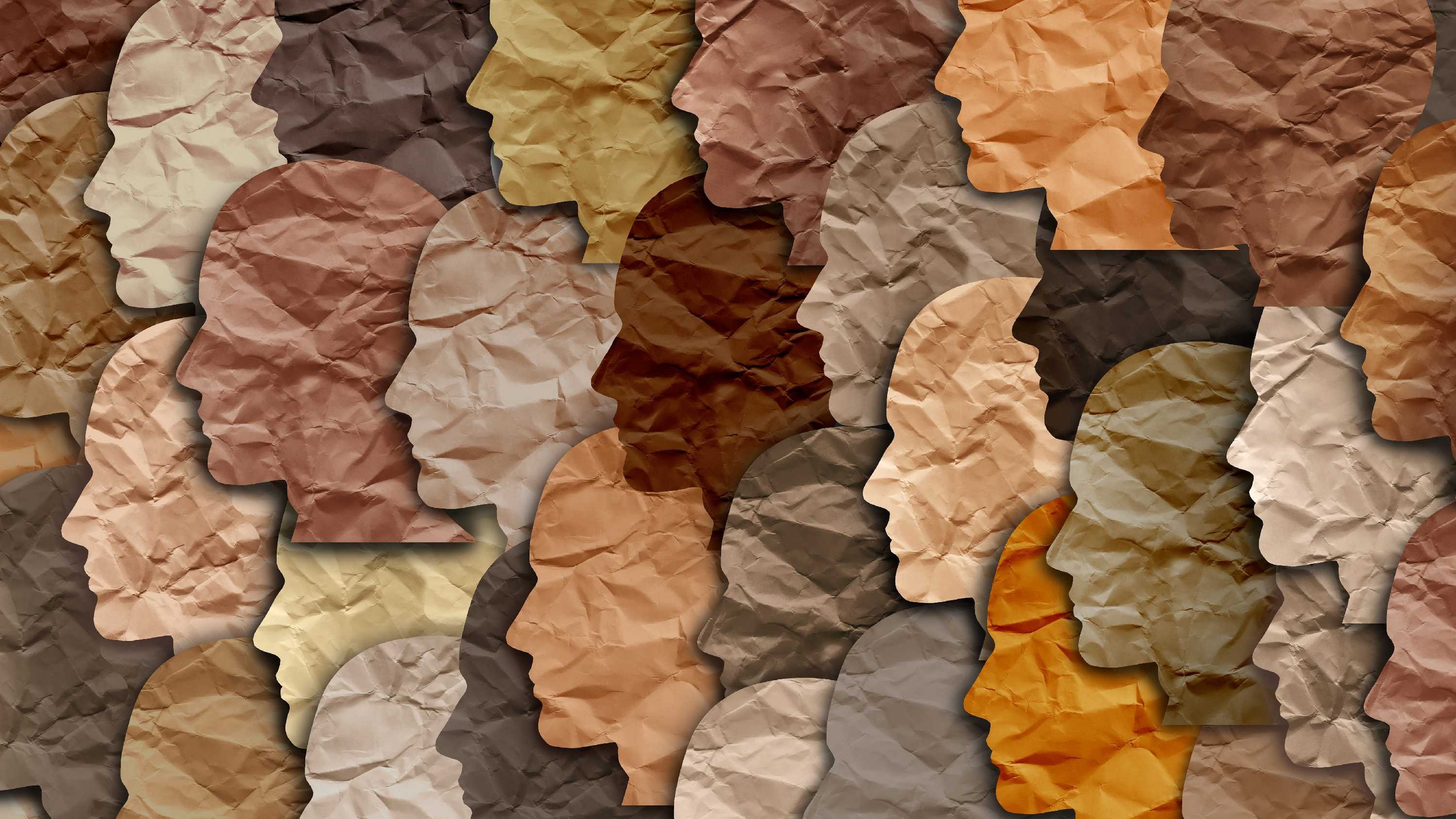Are You A Biased Leader?
One of the essential characteristics required from leaders is their ability to make decisions. As we know, the higher they are in the organisation, the greater responsibility they have—and the more their decisions will impact many others in quite varied, extensive and even unexpected ways.
An effective leader must have the ability to make crucial choices quickly, in high-intensity, high-stakes environments, with limited knowledge. This distinctive strength is one of the main components of truly successful leadership.
Do you think your decisions are affected by your biases? No? Or…not too much? Read on.
Our primitive brains carry the experiences of all humankind over many millions of years. These parts of our brains are especially driven by quasi-automated learning ingrained long ago related to our understanding of possible danger and how to defend or protect ourselves. All of that knowledge, which is currently largely unconscious in most of us, has been crucial to keeping us alive. But is it still as useful as before? Not necessarily. At least not all the time.
We can start by saying quite simply that the negative influence of these ingrained, non-conscious, and automated patterns results in what we now call biases.
In the business environment, this process has great importance as far as the way we lead our teams, the decisions we make, the impact of those decisions on results, and, especially, what our attitude will be when we see that our decisions are not working as expected or differ from others’ opinions.
Kahneman was one of the first researchers to understand the power, the extent, and the mechanisms by which our non-conscious mind influences our daily life.
He defined two systems in the way our brain functions. System 1 is fast, effortless, uncontrolled, without self-awareness and runs in automatic. System 2 is slow, effortful, controlled, with self-awareness and reflective. His work clearly demonstrates that, unbeknownst to us, System 1 is basically ruling our daily decisions and actions.
Our responses to the outside world originate in the parts of our brains that are best suited to certain kinds of situations and not others. Unfortunately, the modern business environment is not the sort of context System 1 should oversee. This is in large partly because System 1 is profoundly, inherently and inevitably biased.
Mastering our instincts and emotions is the path to effective leadership.
Carlos Davidovich
Where Do Biases Come From?
Together, the reptilian brain, where our instincts are located, and the emotional, or limbic, brain host what Kahneman described as System 1 processes. Our rational brain houses what Kahneman calls System 2. Basically, our biases are located in our reptilian and emotional brains, with the rational brain taking up the rear as the lazy fact checker.
System 1 ruled over millions of years of human evolution, governing interactions in the prehistoric realm in the safest and smartest way. But is this protective stance conducive to excellent leadership in the present-day business environment? Not so much.
Now, of course, you’d probably like to use your considerable initiative and power to dispose of these pesky biases. After all, these qualities brought you to where you are today, right? Impossible. The only concrete possibility for arriving at a perception of reality that approximates objectivity and rational thought is by being aware of how—and how much—our biases influence us.
Watch Carlos’s Brain-Friendly Channel Session
Hosted by: Ricardo Gonzalez
Guest: Carlos Davidovich
👇 Subscribe to our YouTube Channel!
- i4 Neuroleader (353)
- Leadership & Culture (336)
- Brain Health & Wellbeing (206)
- Innovation (97)
- Performance (85)
- Our News (79)
- Collaboration (68)
- Agility (53)
- Practitioner Stories (44)
- In The Press (36)
- Make Me A Leader (33)
- Balance (31)
- Integration (30)
- Imagination (29)
- Awareness (23)
- Brain-Friendly Channel (22)
- Brain-Friendly Leadership (22)
- Communication (22)
- Curiosity (21)
- Inspiration (19)
- Intuition (19)
- Attitude (17)
- Courage (16)
- Adaptability (14)
- Case Studies (14)
- Drive (14)
- Generosity (13)
- Ethics (9)
- Mental Readiness (9)
- Influence (8)
- Retreat (8)
- Brain-Friendly Leadership (1)
- Oracle Cards (1)
- 1 November 2025 (2)
- 1 September 2025 (3)
- 1 August 2025 (5)
- 1 July 2025 (5)
- 1 June 2025 (2)
- 1 April 2025 (1)
- 1 March 2025 (8)
- 1 February 2025 (3)
- 1 September 2024 (4)
- 1 July 2024 (2)
- 1 June 2024 (6)
- 1 May 2024 (2)
- 1 April 2024 (3)
- 1 March 2024 (1)
- 1 November 2023 (1)
- 1 August 2023 (1)
- 1 July 2023 (2)
- 1 June 2023 (2)
- 1 May 2023 (4)
- 1 April 2023 (2)
- 1 March 2023 (7)
- 1 February 2023 (4)
- 1 January 2023 (1)
- 1 September 2022 (1)
- 1 May 2022 (3)
- 1 April 2022 (1)
- 1 March 2022 (5)
- 1 February 2022 (4)
- 1 January 2022 (4)
- 1 December 2021 (2)
- 1 November 2021 (4)
- 1 October 2021 (3)
- 1 September 2021 (6)
- 1 August 2021 (1)
- 1 April 2021 (1)
- 1 December 2020 (2)
- 1 November 2020 (1)
- 1 September 2020 (1)
- 1 August 2020 (1)
- 1 July 2020 (3)
- 1 June 2020 (4)
- 1 May 2020 (3)
- 1 April 2020 (4)
- 1 March 2020 (6)
- 1 February 2020 (4)
- 1 January 2020 (2)
- 1 December 2019 (3)
- 1 November 2019 (3)
- 1 October 2019 (5)
- 1 September 2019 (4)
- 1 August 2019 (4)
- 1 July 2019 (4)
- 1 June 2019 (5)
- 1 May 2019 (9)
- 1 April 2019 (9)
- 1 March 2019 (8)
- 1 February 2019 (7)
- 1 January 2019 (8)
- 1 December 2018 (5)
- 1 November 2018 (10)
- 1 October 2018 (16)
- 1 September 2018 (9)
- 1 August 2018 (10)
- 1 July 2018 (9)
- 1 June 2018 (8)
- 1 May 2018 (9)
- 1 April 2018 (9)
- 1 March 2018 (9)
- 1 February 2018 (8)
- 1 January 2018 (8)
- 1 December 2017 (6)
- 1 November 2017 (9)
- 1 October 2017 (9)
- 1 September 2017 (8)
- 1 August 2017 (10)
- 1 July 2017 (8)
- 1 June 2017 (8)
- 1 May 2017 (9)
- 1 April 2017 (8)
- 1 March 2017 (6)
- 1 January 2017 (3)
- 1 December 2016 (4)
- 1 November 2016 (5)
- 1 October 2016 (4)
- 1 September 2016 (2)
- 1 August 2016 (4)
- 1 July 2016 (4)
- 1 June 2016 (2)
- 1 May 2016 (3)
- 1 April 2016 (3)
- 1 March 2016 (7)
- 1 February 2016 (2)
- 1 January 2016 (5)
- 1 December 2015 (2)
- 1 November 2015 (2)
- 1 October 2015 (4)
- 1 September 2015 (2)
- 1 August 2015 (2)
- 1 July 2015 (1)
- 1 June 2015 (3)
- 1 May 2015 (4)
- 1 April 2015 (5)
- 1 March 2015 (3)
- 1 February 2015 (3)
- 1 January 2015 (3)
- 1 December 2014 (3)
- 1 November 2014 (3)
- 1 October 2014 (3)
- 1 September 2014 (5)
- 1 August 2014 (4)
- 1 July 2014 (5)
- 1 June 2014 (3)
- 1 May 2014 (1)
- 1 March 2014 (1)
- 1 December 2013 (2)
- 1 November 2013 (1)
- 1 July 2013 (1)
- 1 June 2013 (1)
- 1 May 2013 (3)
- 1 April 2013 (1)
- 1 March 2013 (2)
- 1 February 2013 (1)
- 1 January 2013 (2)
- 1 November 2012 (1)
- 1 October 2012 (1)
- 1 September 2012 (1)
- 1 August 2012 (2)
- 1 July 2012 (1)
- 1 June 2012 (1)
- 1 May 2012 (2)
- 1 April 2012 (1)
- 1 February 2012 (1)
- 1 January 2012 (1)
- 1 November 2011 (1)
- 1 October 2011 (3)
- 1 September 2011 (2)
- 1 July 2011 (1)
- 1 June 2011 (1)
- 1 May 2011 (1)
- 1 April 2011 (1)
- 1 March 2011 (1)
- 1 February 2011 (2)
- 1 January 2011 (4)
- 1 December 2010 (4)
- 1 November 2010 (3)
- 1 October 2010 (5)
- 1 September 2010 (4)
- 1 August 2010 (4)
- 1 July 2010 (3)
- 1 June 2010 (4)
- 1 May 2010 (7)
- 1 April 2010 (5)
Subscribe by email
You May Also Like
These Related Stories

When Arrogance Works Against You: Leadership Lessons From The Titan Submersible Disaster

The Power Of Neuroscience In Executive Development With Ricardo González



No Comments Yet
Let us know what you think